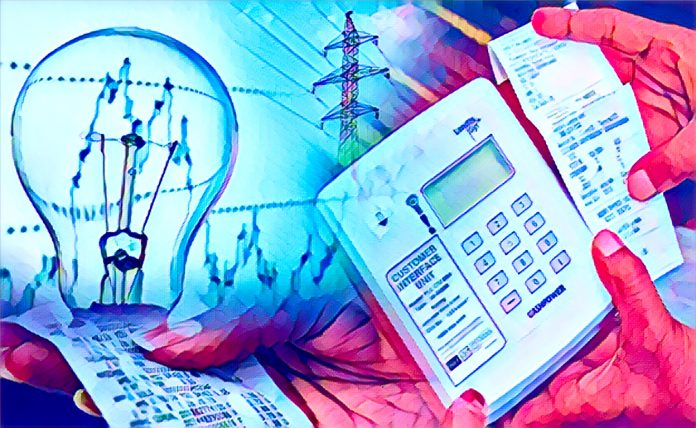KEY POINTS
- Electricity tariff hikes of 50-60% strain Nigerian households and businesses, impacting budgets and profitability.
- Nigeria’s power sector struggles with inefficiency, high tariffs, and inconsistent supply, frustrating consumers and businesses alike.
- Rising energy costs risk profitability, economic growth, and could increase energy theft without immediate reforms.
Nigeria’s power sector, long fraught with inefficiencies, is again under scrutiny as recent electricity tariff hikes fuel widespread public discontent. Despite government assurances of better service, consumers now contend with soaring bills, unreliable electricity supply, and increased living costs—strains that heavily impact households and businesses alike.
Underlying these challenges are outdated infrastructure, regulatory hurdles, and financial constraints. Experts argue for comprehensive reforms, recommending stronger regulatory frameworks, incentives for private investment, and modernized solutions to boost generation and distribution capabilities.
Transcorp power urges government debt settlement, privatization
In Q2 2024, Transcorp Power, a key sector player, urged the federal government to settle an outstanding N1.3 trillion debt owed to power generation companies. Transcorp’s Chairman, Tony Elumelu, also advocated for full privatisation, suggesting the government divest its stakes in the distribution companies and the Transmission Company of Nigeria (TCN) to attract essential investment.
Likewise, Pacific Holdings Limited faces significant financial delays that hinder its ability to invest in infrastructure and expand capacity. Despite these setbacks, progress is evident: Transcorp recently collaborated with the Rural Electrification Agency to add 150 megawatts to the national grid, aligning with its broader goal of improving energy access and security.
Minister: New tariffs target high-use electricity consumers
Power Minister Adebayo Adelabu stated that prior to the tariff increase, the government was subsidizing nearly 67 percent of electricity production, transmission, and distribution costs. He noted that the recent tariff adjustments primarily impact the 1.5 million Band A customers, including manufacturers, who receive 20 to 24 hours of electricity daily and now face rates of N209.5 ($0.127) per kilowatt-hour—a sharp rise of over 200 percent from the prior N68. The group represents about 15 percent of electricity users but consumes nearly 40 percent of the country’s energy, with the tariff hike aimed at fostering sustainable distribution.
However, fuel shortages continue to impede sector performance. Transcorp’s Afam power plant, for instance, is operating below capacity due to gas supply constraints. Nigerians, meanwhile, are vocal about their frustrations, particularly around three main issues:
- Inconsistent Power Supply: Despite the higher costs, many still experience unreliable electricity.
- Financial Strain: The hikes add to household and business expenses, squeezing budgets and operational margins.
- Transparency Concerns: Many question the rationale behind the hikes, feeling that services haven’t improved in line with costs.
These price hikes, initially implemented by the Nigerian Electricity Regulatory Commission (NERC) in 2020 and raised further in 2022, aim for cost-reflective rates. However, with inflation and economic hardships persisting, businesses find it harder to compete, and some are even considering relocation. Experts warn that prolonged high tariffs may lead to energy theft and hinder economic growth.
Economic impacts are already evident, with rising energy costs eroding household budgets, diminishing small-business profits, and risking job cuts. Calls for reform echo across sectors, emphasizing the need for renewable energy investments, infrastructure upgrades, and a revised tariff model to protect vulnerable consumers. With these changes, Nigerians look toward a more resilient power sector to support the nation’s economic growth amid increasing energy demands.



